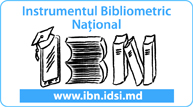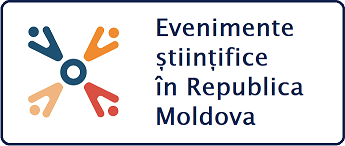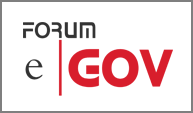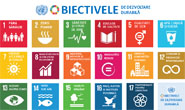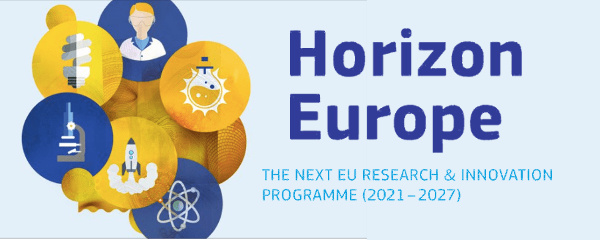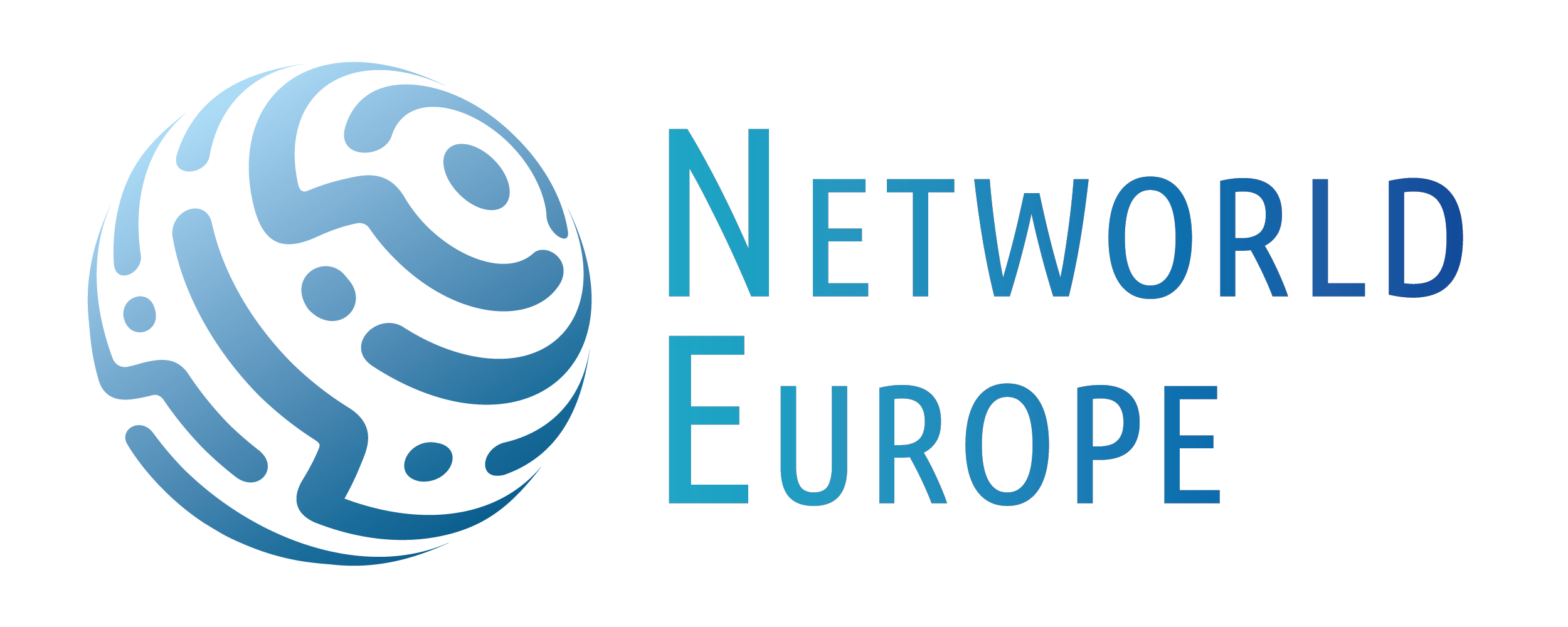Moldova Data Revolution - country sustainable development
The Agenda for Sustainable Development 2030 is a universal framework, aimed at helping all countries to eradicate poverty and achieve sustainable development by 2030. This includes an ambitious set of 17 Sustainable Development Goals and was adopted at the UN Summit on September 25, 2015 in New York.
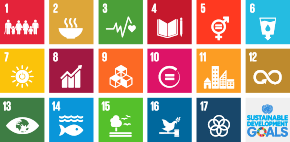 This agenda will include a strong mechanism for monitoring and review, which will allow monitoring the progress on its implementation and will ensure accountability towards citizens. All countries will need to contribute their fair share, taking into account the levels of development, national contexts and capabilities.
This agenda will include a strong mechanism for monitoring and review, which will allow monitoring the progress on its implementation and will ensure accountability towards citizens. All countries will need to contribute their fair share, taking into account the levels of development, national contexts and capabilities.
For a government to plan and monitor the impact of its policies, it must be able to benchmark data and see year on year progress. Comparing progress across countries is important – shared indicators and statistical frameworks help countries see how they are doing in comparison to others.
Tracking progress on new goals will increase the demands on often hard-pressed National Statistical Offices to collect and analyse data in new areas. This in turn will require increasing resources for the statistical system and building statistical capacity, with the support of the international community.
Data are a fundamental requirement for governments, international agencies, civil society organizations and the private sector to make evidence-based decisions. In the context of the post-2015 development agenda, it is anticipated that a sustainable flow of high-quality, timely, authoritative and accessible data will be needed for the ongoing measurement of progress towards the new goals and targets at both the national and the global levels. To generate this flow, a data revolution, namely, a transformation of how data are produced and used to drive development, will be critical.
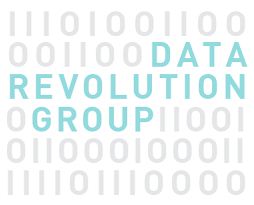
In this context, UNDP Moldova launched a Request for Proposals on Data Revolution Ecosystem Mapping in the Republic of Moldova. Information Society Development Institute, in partnership with CIVICUS Management and Development Company from Romania were selected for this project.
This assessment will consist of a combination of literature review, stakeholder surveys and interviews and workshops. Using a gap analysis, the assessment will help identify recommendations key actions required for monitoring the implementation of the SDGs in an inclusive and participatory manner.
Sursa: IDSI

2  |

